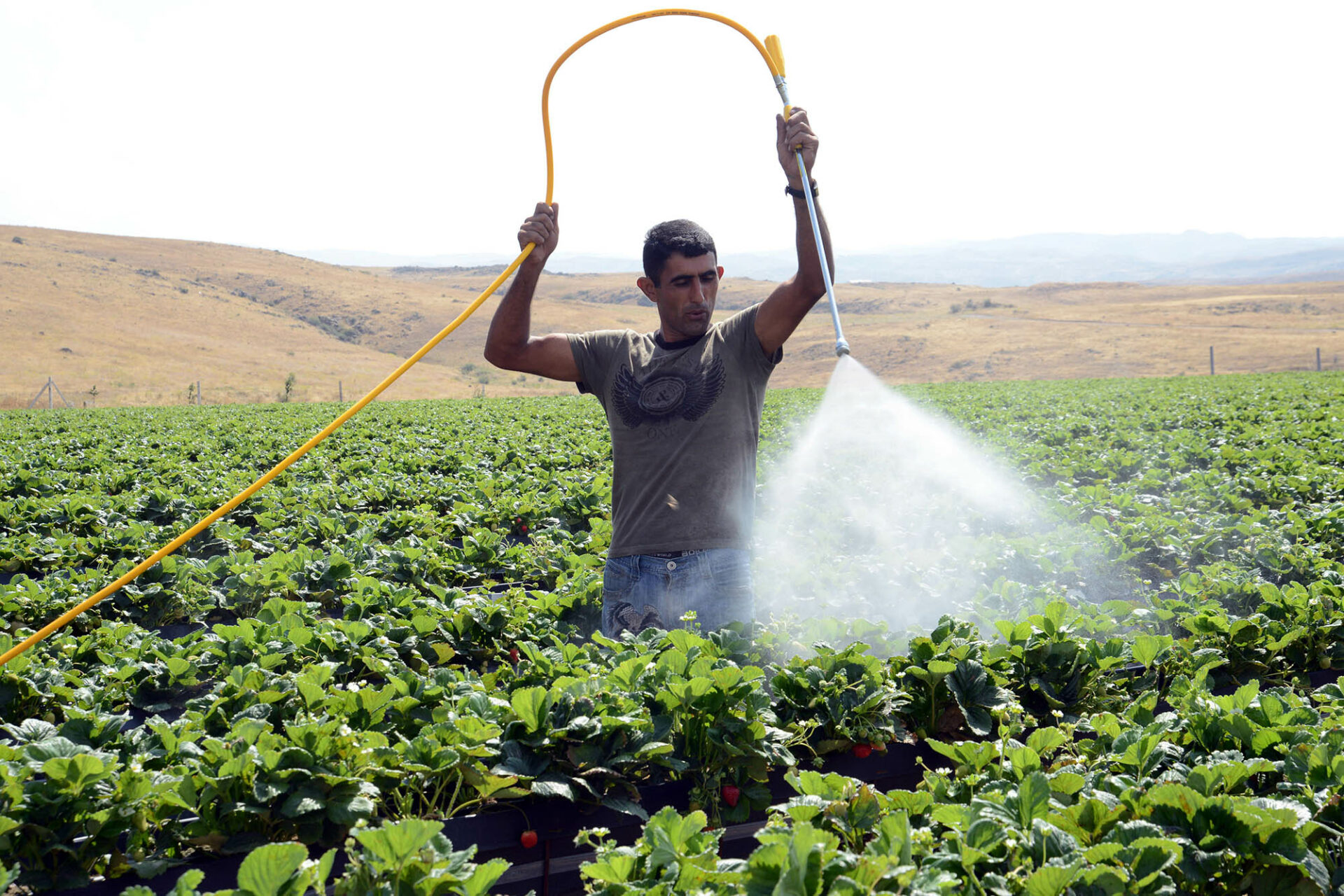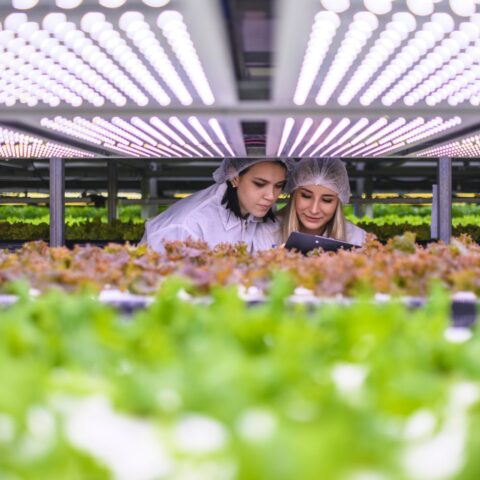The Challenge
Agriculture is an important source of economic activity in Armenia and a significant contributor to the country’s GDP. In recent years, the sector has grown rapidly and made notable progress in meeting international market requirements. However, the growing trade flows have also placed increasing demands on trade systems that lack the modern technology and processes needed to respond effectively.
While public and private stakeholders share a common goal of improving cross-border trade, they have few structured opportunities to work together to advance trade reforms.
What We Are Doing
The Alliance’s project in Armenia will streamline border procedures, particularly for agri-food products – cutting costs for traders, increasing transparency and boosting overall trade competitiveness.
By enhancing government capacity to support and work with the private sector, the project will enable growth in rural and small agri-food businesses, and boost Armenia’s participation in international trade.
The project will focus on three priorities:
• Digital Certificates of Origin
• Electronic Phytosanitary Certificates (ePhyto)
• Public-Private Trade Facilitation Dialogue
While the full scope of the project is still to be confirmed, activities will be implemented in line with the Alliance’s public-private partnership model. Private sector partners—from business associations to MSMEs—will be actively involved in designing, testing, and adopting new solutions. Workshops and a local study tour will provide opportunities for public and private actors to better understand each other’s needs, learn from international experiences and build lasting partnerships.
A dedicated Public-Private Working Group will guide strategic decisions, ensuring the project reflects local priorities and benefits from diverse expertise.
The Impacts
The project will create better conditions for Armenian companies to access the EU and other global markets, while helping both government agencies and businesses build a more inclusive and efficient trade environment.
Overall, the project will –
• reduce compliance costs;
• build simpler, faster, and more transparent procedures;
• improve competitiveness and market access for agri-food products;
• increase trust and collaboration between public and private stakeholders.


 Armenia
Armenia



